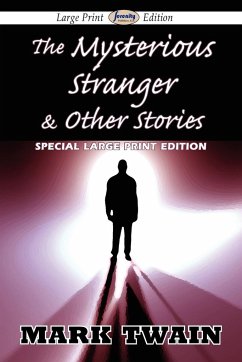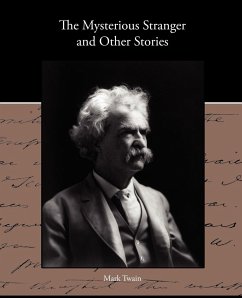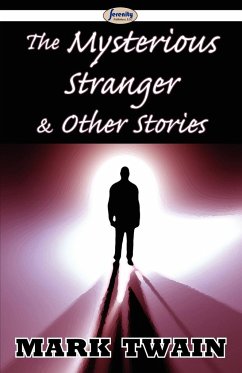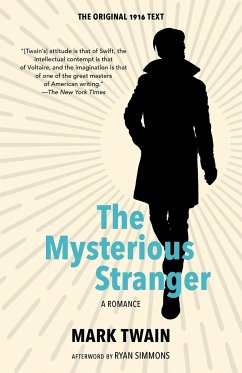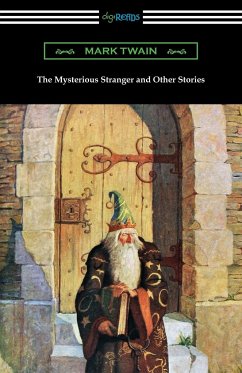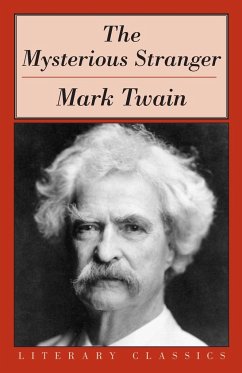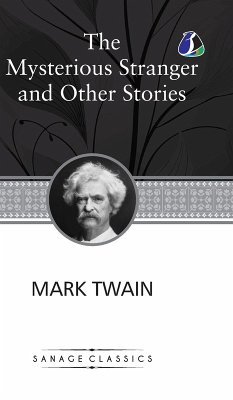Nicht lieferbar
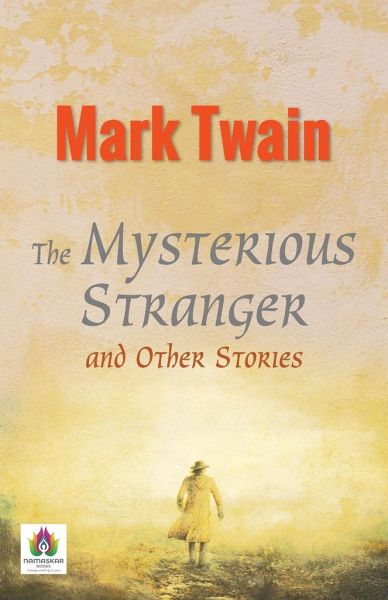
The Mysterious Stranger and Other Stories
Versandkostenfrei!
Nicht lieferbar
The Mysterious Stranger and Other Stories is a compilation of Mark Twain's nine accomplished works. It included his tales of tricksters such as "The Celebrated Jumping Frog of Calaveras County" to the tale of a town that gets corrupted as a result of a man's promise to avenge the town - The Man That Corrupted Hadleyburg. Twain portrays humour and wit through the characters of policemen, bankers, politicians, clergymen and others. The final one is the novella The Mysterious Stranger which is expresses his ways of exposing the eternal evil from a distant place and time through wit and fictionali...
The Mysterious Stranger and Other Stories is a compilation of Mark Twain's nine accomplished works. It included his tales of tricksters such as "The Celebrated Jumping Frog of Calaveras County" to the tale of a town that gets corrupted as a result of a man's promise to avenge the town - The Man That Corrupted Hadleyburg. Twain portrays humour and wit through the characters of policemen, bankers, politicians, clergymen and others. The final one is the novella The Mysterious Stranger which is expresses his ways of exposing the eternal evil from a distant place and time through wit and fictionalization. However, all his tales try to show the evils in the society and he wraps it well in the drape of humour and satire.





